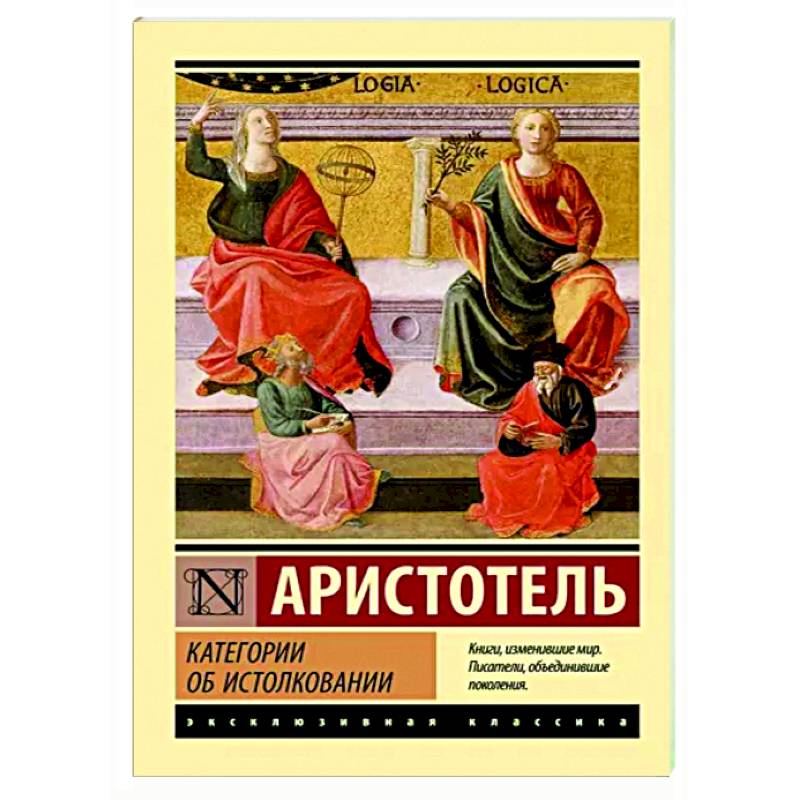Categories. About the interpretation
Please sign in so that we can notify you about a reply
Aristotle (384-322 BC) is one of the greatest thinkers of antiquity, Plato"s student and educator Alexander of Macedon, the founder of the school of peripatics, the founder of formal logic, a prostate scientist who had a significant impact on the development of all Western European philosophy and science.
The first treatise in the famous “organ” of Aristotle, a philosophical composition dedicated to logic, was “categories” - one of the earliest works of the philosopher, where 10 categories were highlighted for the first time, using which we know and describe the surrounding reality. This work largely served as the foundation for the studies of logic throughout the history of Western philosophy.
The collection also includes the “Introduction” of Porphyry, the ancient none philosopher, which explains all the basic concepts of the doctrine of logic in “categories”, and the logical treatise Aristotle On the interpretation
The first treatise in the famous “organ” of Aristotle, a philosophical composition dedicated to logic, was “categories” - one of the earliest works of the philosopher, where 10 categories were highlighted for the first time, using which we know and describe the surrounding reality. This work largely served as the foundation for the studies of logic throughout the history of Western philosophy.
The collection also includes the “Introduction” of Porphyry, the ancient none philosopher, which explains all the basic concepts of the doctrine of logic in “categories”, and the logical treatise Aristotle On the interpretation
Author:
Author:Aristotel
Cover:
Cover:Soft
Category:
- Category:Politics & Social Science
- Category:Phylosophy
- Category:Reference books
Publication language:
Publication Language:Russian
Paper:
Paper:newspaper
Age restrictions:
Age restrictions:16+
ISBN:
ISBN:978-5-17-154713-4
No reviews found
